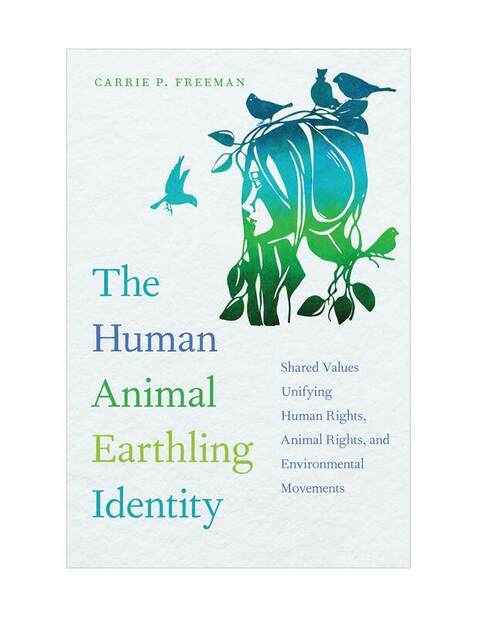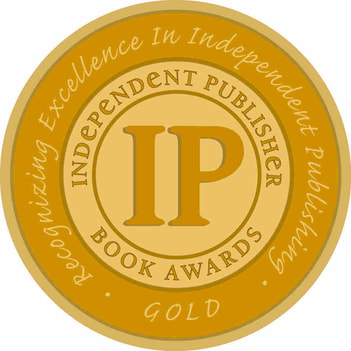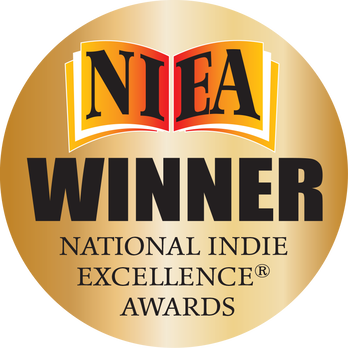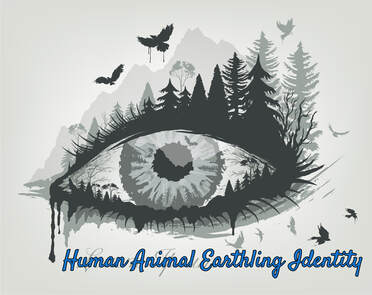Where to Find the Book & Who it's for

The book is available at libraries, book wholesalers, and at major online book retailers, such as as Amazon and Barnes & Noble. The paperback retails for $32.95, which is higher than most trade books but affordable for an academic press publication.
The book is also available through the publisher, UGA Press, who can offer group discounts (often 30%) for events or organizations, and can send review copies to media and desk copies to course instructors.
This 288 page book (6 x 9 inches) is available as an e-book, hardback, or paperback, and features many tables and 14 photos. (English language)
READERS: Written by a communication professor, this peer-reviewed book is designed to appeal to a broad audience of people who promote social change, such as those who study or advocate for environmentalism, social justice, and/or animal protection, including university students and faculty, activists, philanthropists, and progressives. In an academic setting, it will be of interest to those in the fields of environmental studies, environmental communication, sociology & social movement studies, women & gender studies, race & ethnicity studies, human-animal studies, critical animal studies, marketing, or strategic communication & public relations. Due to its emphasis on social values, it is tangentially related to ethical philosophy and social psychology. It could be a primary text in any special topics seminar on activism and social change, especially intersectional activism.
The book is also available through the publisher, UGA Press, who can offer group discounts (often 30%) for events or organizations, and can send review copies to media and desk copies to course instructors.
This 288 page book (6 x 9 inches) is available as an e-book, hardback, or paperback, and features many tables and 14 photos. (English language)
- ISBN-10 : 0820358193
- ISBN-13 : 978-0820358192
READERS: Written by a communication professor, this peer-reviewed book is designed to appeal to a broad audience of people who promote social change, such as those who study or advocate for environmentalism, social justice, and/or animal protection, including university students and faculty, activists, philanthropists, and progressives. In an academic setting, it will be of interest to those in the fields of environmental studies, environmental communication, sociology & social movement studies, women & gender studies, race & ethnicity studies, human-animal studies, critical animal studies, marketing, or strategic communication & public relations. Due to its emphasis on social values, it is tangentially related to ethical philosophy and social psychology. It could be a primary text in any special topics seminar on activism and social change, especially intersectional activism.

CITATION: Freeman, C. P. (2020). The Human Animal Earthling Identity: Shared Values Unifying Human Rights, Animal Rights, & Environmental Movements. Athens, GA: UGA Press.
SUSTAINABILITY: The greenest options are the e-book format or buying a used paperback, or asking your library to order it. Hardcopies are printed on demand at printers closer to the point of purchase, which saves some resources by reducing fossil fuels and paper waste, but this also means that use of recycled paper (or a set percentage) cannot be guaranteed across the various printers, unfortunately. So the author is donating a portion of any annual royalties to the Environmental Paper Network, which is a nonprofit global network of organizations dedicated to protecting forests and holding the paper industry accountable for sustainability. Additionally, the researching, interviewing, and writing of this book did not require any travel and was conducted primarily from the author's couch, which is not as much fun but certainly greener.
SUSTAINABILITY: The greenest options are the e-book format or buying a used paperback, or asking your library to order it. Hardcopies are printed on demand at printers closer to the point of purchase, which saves some resources by reducing fossil fuels and paper waste, but this also means that use of recycled paper (or a set percentage) cannot be guaranteed across the various printers, unfortunately. So the author is donating a portion of any annual royalties to the Environmental Paper Network, which is a nonprofit global network of organizations dedicated to protecting forests and holding the paper industry accountable for sustainability. Additionally, the researching, interviewing, and writing of this book did not require any travel and was conducted primarily from the author's couch, which is not as much fun but certainly greener.

The book has over 250 citations,
mostly to scholarly sources.
mostly to scholarly sources.
For too long, the human rights, animal protection, and environmentalist movements have been like ships passing in the night. In this rich exploration of value systems, Dr Freeman guides us towards forging a coalition among these three pillars of social justice. It’s a timely and much-needed book." Never has the time been more urgent than now for the voice of social justice for all beings to be spoken. In this timely, ground-breaking book Dr. Freeman unites the interests and needs of all beings in a unified vision in an accessible, interesting, and creative way that should be required reading not only for students and scholars but for those wishing to embrace the world in an informed and compassionate way." |
Author Carrie Freeman takes us on a thoughtful journey through the world of humans, other animals, and the environment and achieves the difficult task of assimilating these different levels of analysis in a fascinating and knowledgeable manner. Freeman asks the ultimate question: Who are we as a species and how can we live on this planet? Freeman explores this question through different lenses. If you want to read a book that is interesting and also challenges you to rethink your assumptions about your place in nature, this is the one for you." |
In this data-packed landmark book that includes a detailed study of sixteen international social movements, Dr. Carrie Freeman offers valuable lessons for a much needed paradigm shift in which social justice is offered to beings of all species. The Human Animal Earthling's slogan is "Share our home planet. Support life. Take care. Play fair." What a wonderful mantra for welcoming in 2021! The world will be a much better place for all of its residents when we follow Freeman’s detailed recommendations for applying values such as humility, fairness, respect, and empathy toward humans and nonhumans to work together for the common good."
-- Marc Bekoff, PhD, author of Canine Confidential: Why Dogs Do What They Do; Unleashing Your Dog: A Field Guide to Giving Your Canine Companion the Best Life Possible (with Jessica Pierce); and A Dog's World: Imagining the Lives of Dogs in a World Without Humans (with Jessica Pierce, Princeton University Press, 2021)


